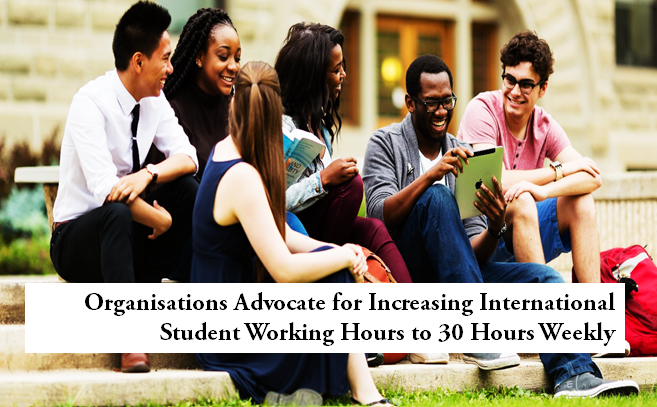Dublin: In a recent parliamentary committee session, representatives from an international student organisation made a compelling case for extending working hours to address issues of exploitation and economic strain faced by non-EU students in Ireland. Presently, these students are restricted to working 20 hours per week outside of summer months, with a limit of 40 hours during the summer. However, this allotment was deemed insufficient by the organisation’s representatives, who argued for an increase of 30 hours per week to adequately support themselves financially.
The crux of the issue lies in the stark reality that many international students find it impossible to sustain themselves on the wages earned within the current time constraints. Consequently, some are compelled to seek additional, often illegal, employment to make ends meet, leading to exploitation and below-minimum-wage pay. This dire situation has even forced some students to abandon their studies altogether due to financial hardships.
Fiachra O’Loughlin, a spokesperson for the English Language Learning Association, underscored that a resolution to this predicament could be achieved through legalising a 30-hour workweek for students. Moreover, the Irish Council for Overseas Students (ICOS) emphasised the imperative for heightened government oversight and intervention in this domain, advocating for the establishment of an external regulatory body to safeguard student rights and mitigate exploitation.
Echoing these sentiments, various organisations present at the hearing lent their support to the call for extended working hours, citing the critical role international students play in bolstering Ireland’s economy. Furthermore, concerns were raised regarding the exorbitant cost of living and accommodation challenges faced by these students, compounded by instances of fraudulent practices in housing arrangements and unjust expulsions from educational institutions.
Among the voices in agreement was Marketing English in Ireland (MEI), representing schools in the sector, which characterised the existing limit on working hours as “peculiar” given the substantial economic contributions made by international students. With billions at stake in Ireland’s economy, MEI echoed the urgency for reform to ensure fair treatment and support for this vital demographic.
Overall, the collective appeal for extended working hours and enhanced governmental oversight underscores the imperative of addressing systemic challenges facing non-EU students in Ireland, promoting their well-being and academic success while safeguarding the integrity of the educational sector.
Irish Samachar English News
{OR} Kindly click to follow the Irish Samachar News channel on WhatsApp


Comments are closed.